Transformation
21 September 2020 Read time >10 min.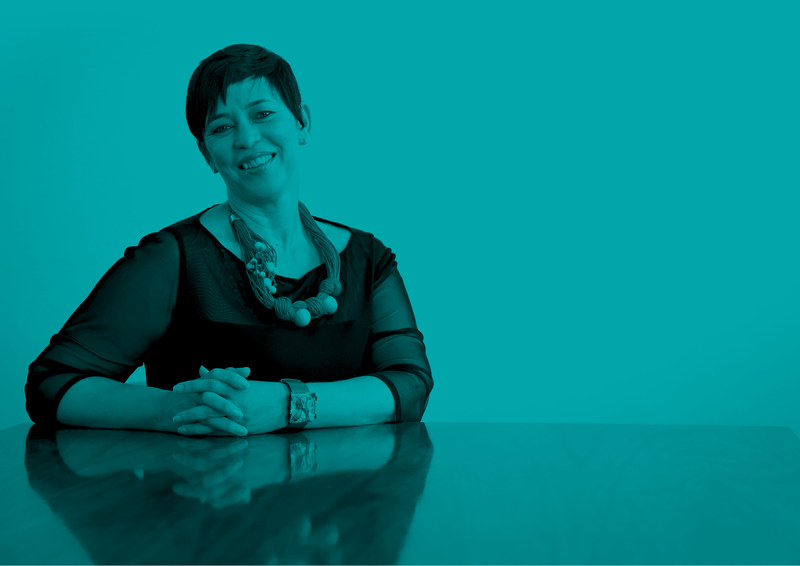
Q&A: Professor Loretta Feris
Deputy Vice-Chancellor: Transformation
What have been the milestones for the transformation portfolio in 2019?
Milestones included the new three-year employment equity plan (2019–2021) coming into effect; the UCT Sutherland Reburials Project; raising funds for the UCT Food Programme; our sexual and gender-based violence (SGBV) campaign, #JustNO, which we ran in the second semester; the InclusionIndex Staff Inclusivity Survey; the introduction of a special ad hoc tribunal to deal with sexual offences and other forms of discrimination; and the implementation of the Student Mental Health Policy.
Please tell us a bit more about the Staff Inclusivity Survey.
The purpose of the survey, which ran from May until June, was to help us broaden inclusivity within the UCT community – staff were asked to take part, voluntarily. To guarantee confidentiality, the Office for Inclusivity & Change (OIC) and a UCT working group partnered with an external service provider, Aephoria, to administer the survey. The report and an executive summary are available, and interventions that arise out of the survey will be implemented until 2023, when we will run the survey again to measure how far we have come.
What did UCT’s SGBV campaign entail?
The #JustNO campaign ran from July to December to articulate how UCT responds to SGBV through improved systems for SGBV management within the institution, through advocacy and awareness, and through research. We held our annual silent protest on 2 August 2019 to show solidarity with rape survivors and to promote the right to be free from all forms of SGBV. Then, just a few weeks later, we received the tragic news that Uyinene “Nene” Mrwetyana had been raped and murdered. It was devastating and it shocked us to our core. Our thoughts will always be with Nene’s family and friends who have had to endure unimaginable suffering.
74% of UCT staff were from designated groups (ie black people, women and people with disabilities) of which 68% were black South Africans.
How did your portfolio support students and staff during that devastating period?
Counselling assistance was available to staff and students via Human Resources for staff and the Student Wellness Service (SWS) for students; the OIC reached out to known survivors in their care; and an ad hoc special tribunal was established to expedite SGBV cases. Our online reporting tool, created for the reporting of SGBV while maintaining in-person and telephonic structures, was particularly useful for survivors who wanted to report cases without necessarily meeting with a member of staff. Services that were already available continued and were and will continue to be strengthened.
Finally, how has the Student Mental Health Policy been implemented?
By realigning the SWS, we have widened access for students and increased the psychological services footprint on campus, in line with primary healthcare principles. This includes the introduction of a triage system and risk assessment sessions as an entry point into services; shorter, solution-focused counselling sessions; student psychological service points in faculties and at satellite clinics; additional psychologists have been recruited; psychiatric nurses have been added to support mental health services; and a migration to a digital booking system, which is a major milestone in the implementation of the policy.
All-women exec
“The fact that all four executive leaders of UCT’s academic enterprise are female marks a significant moment of transformation for women in academia and leadership positions, in South Africa and globally.”
– Vice-Chancellor Professor Mamokgethi Phakeng
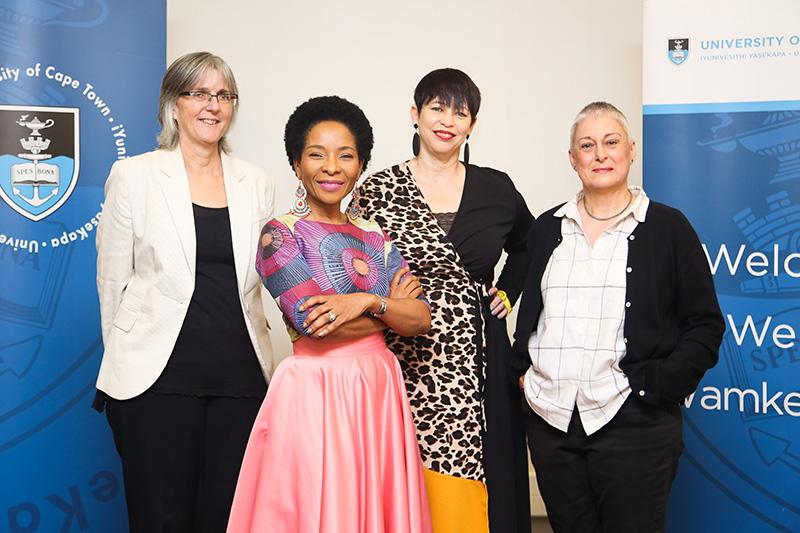
Read the article and watch the video.
Women top UCT’s civil engineering honours class
UCT women made significant strides in civil engineering, where they accounted for six of the department’s 11 first-class honours students graduating in April 2019. Chloe Bolton, Juliana Diniz, Jemma Richmond, Dilys Mneney, Waseefa Ebrahim and Lansea Loubser are now working in engineering fields from transport to coastal infrastructure. The UCT faculty has actively campaigned to attract more women, primarily through its #WomeninEngineering and “This is what an engineer looks like” campaigns.
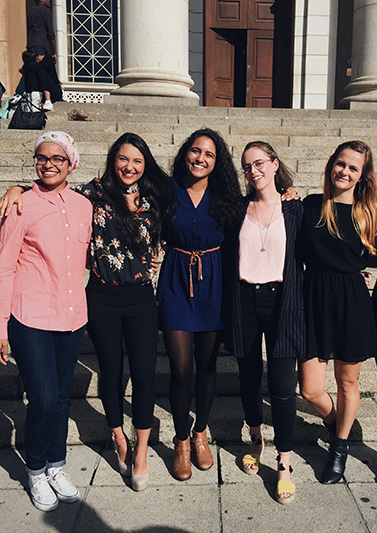
Women’s Day
In celebration of Women’s Month, Vice-Chancellor Professor Mamokgethi Phakeng hosted a lunch themed “Raising up African women in academia and in leadership roles”. The event, one of several honouring women during International Women’s Month, saw the announcement of the recipients of the VC’s “Advancing womxn: a call for change” scholarships for women and transgender research at UCT. Five grants worth a total of R22.5 million over the next five years were awarded. Dr Katye Altieri (Department of Oceanography), Professor Floretta Boonzaier (Department of Psychology) and Professor Janet Hapgood (Department of Molecular and Cell Biology) received R1 million per year for five years. Two meritorious awards worth R750 000 per year for five years went to Professor Patricia Kooyman (Department of Chemical Engineering) and Dr Robyn Pickering (Department of Geological Sciences).
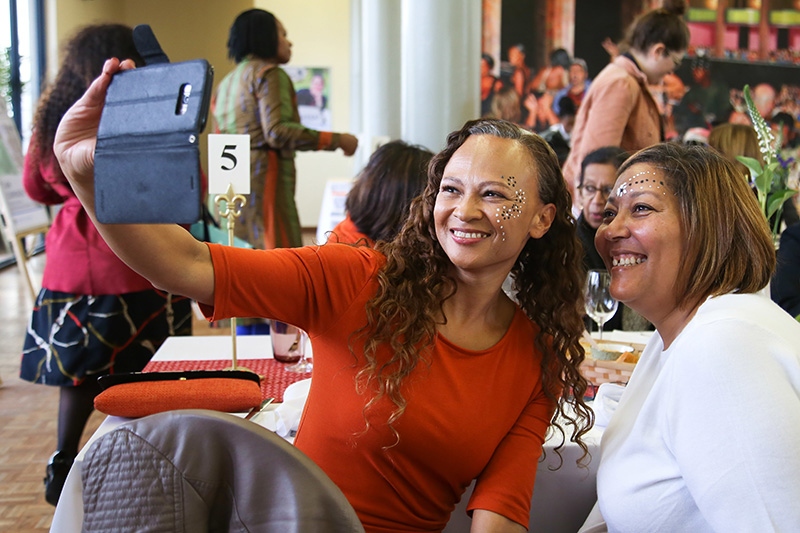
Read the article and watch the video.
Sutherland Reburials Project
After an archiving audit of the UCT Human Skeletal Collection in 2017, housed in the Department of Human Biology, it was established that the collection contained 11 skeletons that were unethically obtained between 1926 and 1931. Nine of these San and Khoe individuals were brought to UCT from Kruisrivier Farm in Sutherland.
UCT is working with the Sutherland community to return the remains of these nine individuals to their descendants for reburial. The collaborative project was led by Deputy Vice-Chancellor for Transformation Professor Loretta Feris and the OIC, and included public participation consultant Doreen Februarie, members of the Sutherland Abraham and Stuurman families (descendants who still live in the area) and community members.
At the request of the descendant family, an interdisciplinary international team gathered information about the manner in which these nine individuals lived and died. This not only provided more information to the descendant family about their ancestors, but also enabled the university to provide redress and social justice through science.
“This is really about community justice, and for me it’s the most fulfilling project I’ve been involved in, where we give back to the community.”
– Dr Victoria Gibbon
The members of the team were Dr Victoria Gibbon, Professor Nigel Penn, Professor Simon Hall, Dr Tinashe Mutsvangwa, Professor Judith Sealy, Dr Stephan Schiffels and PhD student Joscha Gertzinger, and Professor Caroline Wilkinson and PhD student Kathryn Smith. Facial images were produced by Face Lab at Liverpool John Moores University, supported by the National Geographic Society.
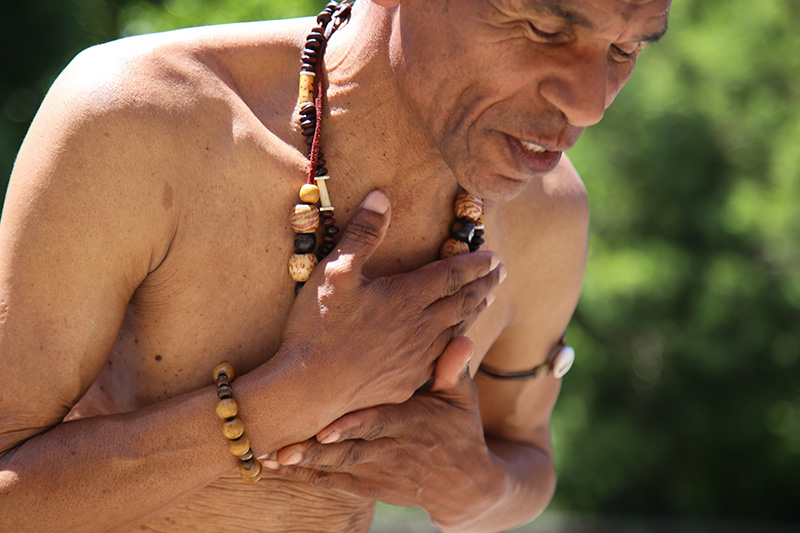
Sign Language seminar
The 2019 South African Sign Language Interpreting in Higher Education Seminar was hosted by the OIC and the Disability Service. It highlighted the practice and relevance of Sign Language interpreters’ ethics and touched on practitioners’ experiences in the sector.
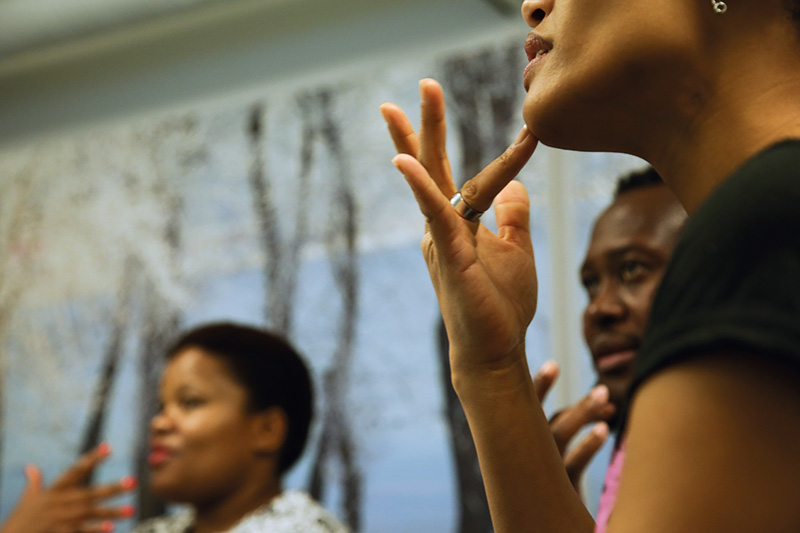
Read the article and watch the video.
Khoekhoegowab course
In May 2019 UCT offered its first short course on Khoekhoegowab, the endangered indigenous language of the KhoeSan. The first of its kind for a South African university, the course is an important beacon for inclusivity and diversity at UCT, which is built on land formerly inhabited by the indigenous Khoe people. The course is offered through the Centre for Extra-Mural Studies, in partnership with the Centre for African Studies’ Dr June Bam-Hutchinson and the A/Xarra Restorative Justice Forum’s Language Commission. The first course ran from 10 June 2019 with the inaugural graduation of 77 participants taking place on 29 November 2019.
#QueerAfricanStudies
Lwando Scott graduated with a PhD in Sociology at a ceremony on 13 December, where he was capped by his partner, UCT’s Professor Pierre de Vos.

A researcher in the Families and Societies Research Unit (FaSRU) in UCT’s Centre for Social Science Research, Scott used queer theory as a lens to examine same-sex marriage in South Africa.
Scott’s thesis moves beyond the assimilationist vs radicalisation debate. While same-sex marriage does not radically change the institution of marriage, it does provide a challenge to systems of dominance, such as heteronormativity, and has a transformational impact on interpersonal relationships.
In wrestling with the norm, same-sex couples are engaged in a process of stretching. They stretch themselves as they become more assertive in making claims about their sexuality; they also stretch those around them to become more open to the possibilities of same-sex intimacy.
Remembering Nene
In 2019 two of our students passed away as a result of violent crime: Uyinene “Nene” Mrwetyana and Cebo Mbatha. We mourned their deaths and honoured them as a campus community through night vigils, a picket at Parliament and a memorial service. Ending violent crime, particularly sexual and gender-based violence, is a transformation issue that we remain committed to.
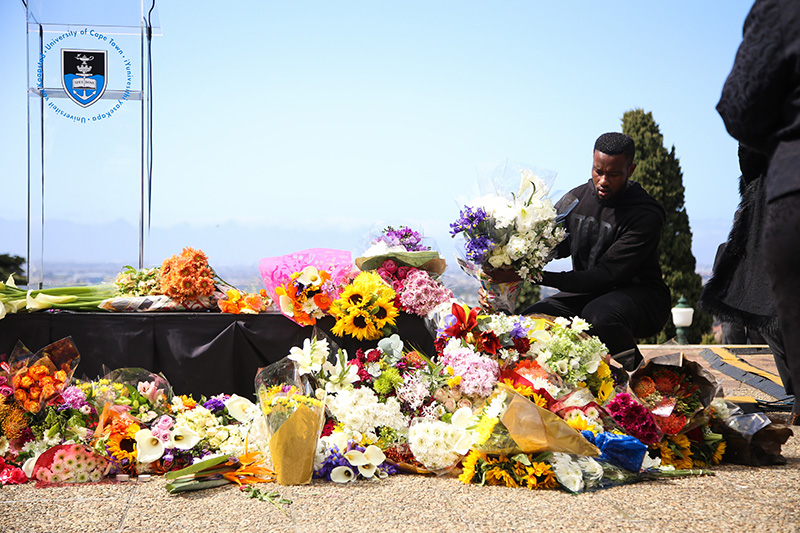
Multilingualism Education Project
As the world observed the International Year of Indigenous Languages, 194 UCT students and staff graduated from two two-month short courses, convened by the Multilingualism Education Project. Of these, 172 graduated from the isiXhosa short course, launched in 2006, and 22 from the inaugural Afrikaans short course.
Mellon Mays Undergraduate Fellowships
“At the moment, we celebrate the fact that you have an opportunity. Many years from now … we want to celebrate what the opportunity has produced.”
“At the moment, we celebrate the fact that you have an opportunity. Many years from now … we want to celebrate what the opportunity has produced. Let this opportunity … change lives, influence thinking and make things happen.” This was the VC’s message to the Mellon Mays Undergraduate Fellowship’s 2019 cohort. The five new fellows were Zahra Abba Omar, Glenn-Leigh Jantjies, Chandre Cupido, Oliver Layman and Lizanne Thornton.
Read the article and watch the video.
Celebrating Africa Month
For Africa Month and Africa Day, we celebrated our diverse and exuberant continent through a number of events, including:
- “The Africa we want”, a public symposium on the role of young African leaders in pan-Africanism and regional integration Watch the video.
- Professor Shadreck Chirikure’s inaugural lecture, “Why does ‘success’ continue to elude contemporary Africa? Some insights from deep history and archaeology” Read the article.
- UCT Libraries Special Collections hosted an exhibition featuring the Khomani San and the Bleek and Lloyd collections; a film screening on the Khomani San Collection; and a relaunch of the Atom digital inventory on the Khomani San Collection. Read the article.
Redressing apartheid’s spatial injustices
Apartheid spatial planning in Cape Town came under the spotlight during the British Academy Newton Advanced Fellowship Lecture in Spatial Justice in July. Internationally recognised expert on spatial justice Professor Andreas Philippopoulos-Mihalopoulos delivered his lecture titled “Spatial justice and resistance” at UCT.
The Disability Service supported 150 students with a range of different disabilities in 2019.
nGAP and NGP
- By the end of 2019 UCT had a total of 22 posts awarded for the New Generation of Academics Programme (nGAP), six of whom joined during the course of the year.
- Three nGAP members were awarded NRF Research Development Grants in 2019: Dr Melissa Abrahams, Frissiano Honwana and Ayanda Pekane.
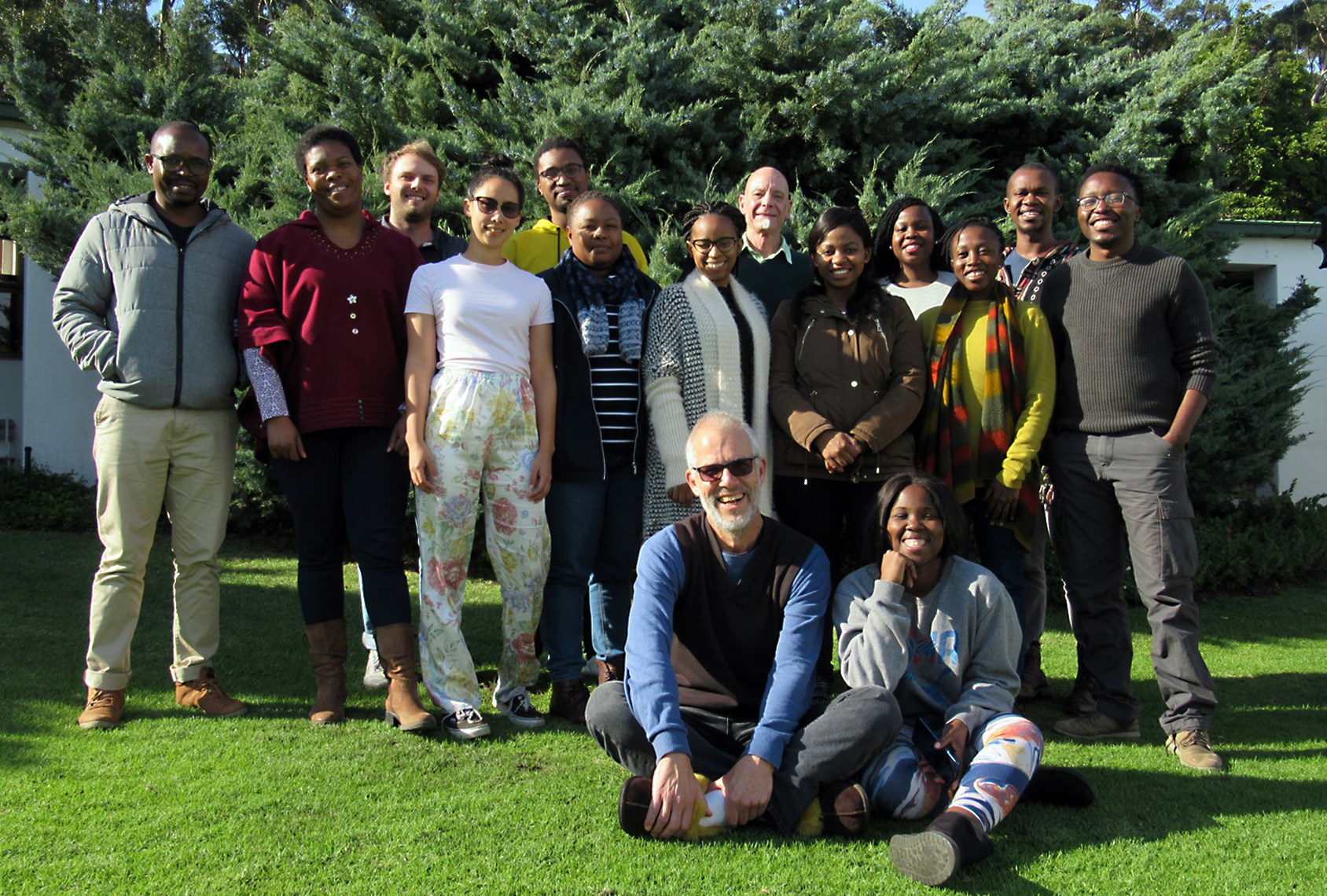
- Dr Robert Morrell, nGAP manager, was appointed as a member of the Ministerial Task Team on Gender-based Violence and Sexual Harassment.
- UCT’s Next Generation Professoriate (NGP) had a total of 45 members by the end of 2019.
- Three new members were welcomed to the NGP in 2019: Shahieda Adams (Faculty of Health Sciences), Aneesa Vanker (Faculty of Health Sciences) and Sumaya West (Faculty of Commerce).
- Since its inception, 26 NGP members have been promoted, four to full professor and 22 to associate professor.
Field camp for women researchers
A three-day Human Evolution Research Institute (HERI) field camp on the West Coast featured an all-women group of academics and students from the departments of Archaeology and Geological Sciences. The camp was coordinated by HERI’s new director, Dr Robyn Pickering; HERI’s founding director (and current deputy director), Professor Rebecca Rogers Ackermann; and Dr Jayne Wilkins, previously of UCT and now Griffith University. The programme aimed to upskill participants and provide a safe space to bond and discuss their career challenges.
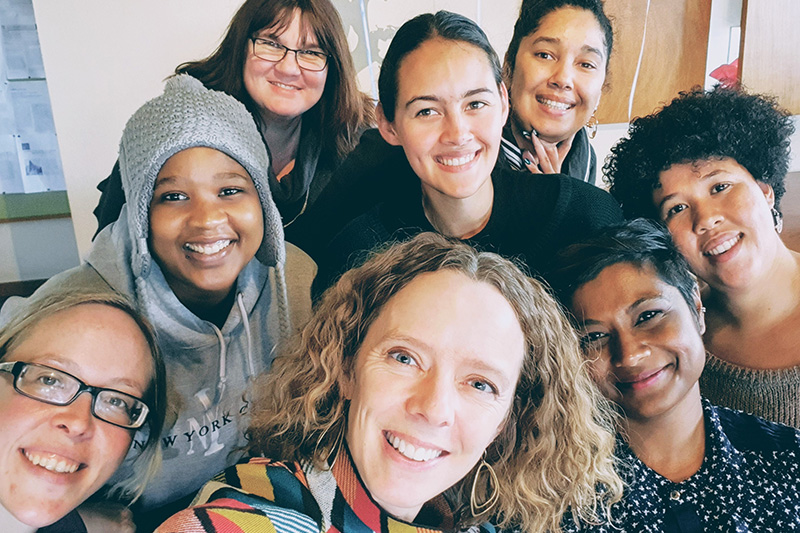
 This work is licensed under a Creative Commons Attribution-NoDerivatives 4.0 International License.
This work is licensed under a Creative Commons Attribution-NoDerivatives 4.0 International License.
Please view the republishing articles page for more information.






